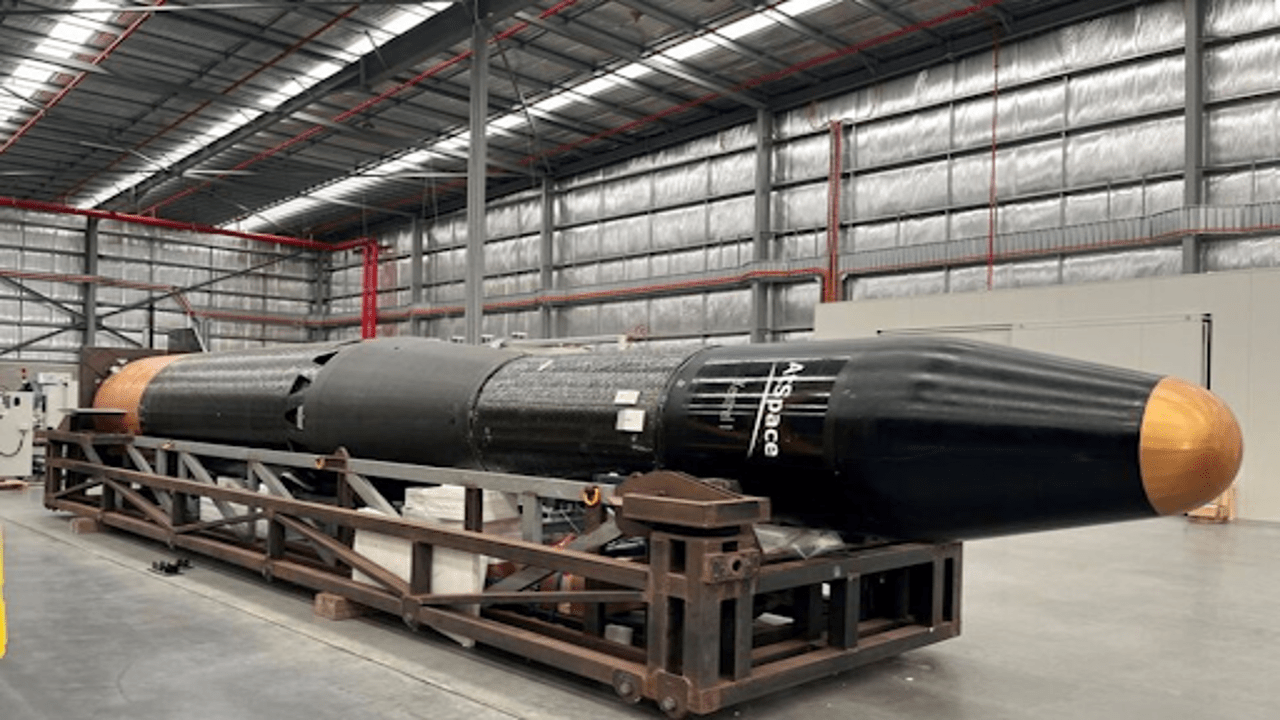
The Kestrel I Suborbital Launch Vehicle, run by AtSpace, a sibling company of Taiwanese rocket startup TiSpace, is seen at an AtSpace facility in Willawong, Queensland, Australia, on July 23, 2024. Reuters
A Taiwanese startup is setting its sights on becoming the first foreign company to launch a rocket from Japan, aiming for an early 2025 debut. This move is part of Japan's broader goal to establish itself as a leading space hub in Asia. TiSpace, the Taiwanese firm behind the initiative, is working through regulatory challenges as Japan debates whether to welcome foreign companies to help expand its $26 billion space industry.
TiSpace, founded in 2016 by former Taiwanese space agency officials, has faced setbacks in the past. Its previous rocket launch attempt through its Australian sister company, AtSpace, failed due to a leak. The company plans to test a new rocket design in Japan, known as a sounding rocket, which can reach space but doesn’t achieve orbit. This rocket is expected to be 12 meters (39 feet) long.
The startup is waiting for one final regulatory green light: a radio permit necessary for the launch. TiSpace's chairman, Yen-sen Chen, hopes the launch will proceed smoothly and attract more international clients to Japan’s space industry.
China, which views Taiwan as part of its territory, could potentially be watching this development closely. However, Chen has not reported any direct concerns from China. China's foreign ministry has stated it is unaware of the specifics of the launch. Meanwhile, Japan’s Cabinet Office has assured that economic and research activities, including those involving foreign companies, are allowed under current laws.
Japan’s space ambitions are high. The country wants to grow its private space sector to more than $50 billion by the early 2030s and aims to launch 30 rockets per year. Despite this, Japan's space industry is still emerging. While Japan has launched domestically developed rockets for decades, its private sector is relatively new. For example, Space One, backed by IHI Aerospace, experienced a failed launch, and Interstellar Technologies, which successfully reached space with a sounding rocket in 2019, has yet to achieve an orbital launch.
Local officials in Taiki, a town on the northern island of Hokkaido where TiSpace plans to launch, view the project positively. They see it as a symbol of Taiwan-Japan friendship and a boost for their local "space Silicon Valley." Other Japanese cities, like Oita, are also developing their own space hubs and welcoming foreign space businesses.
While Japan's Space Activities Act does not currently cover suborbital flights like those planned by TiSpace, the government plans to update the law to include such activities and reusable rockets in the future. The process of revising the law could take years.
As Japan explores these new opportunities, TiSpace is preparing to expand its operations in Japan if the launch proves successful. The company has already attracted interest from local businesses like Letara, which is keen to use TiSpace's services for testing its satellite propulsion systems.















